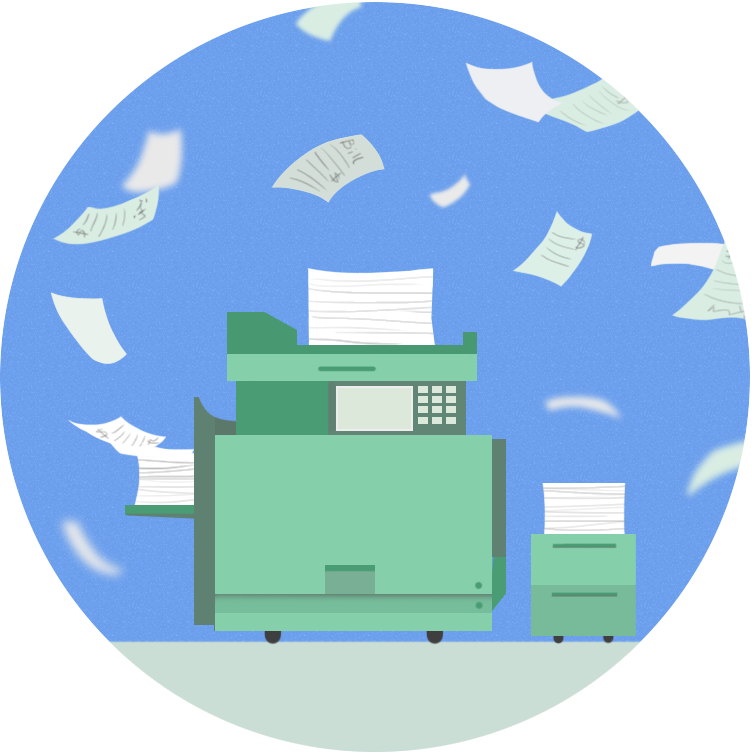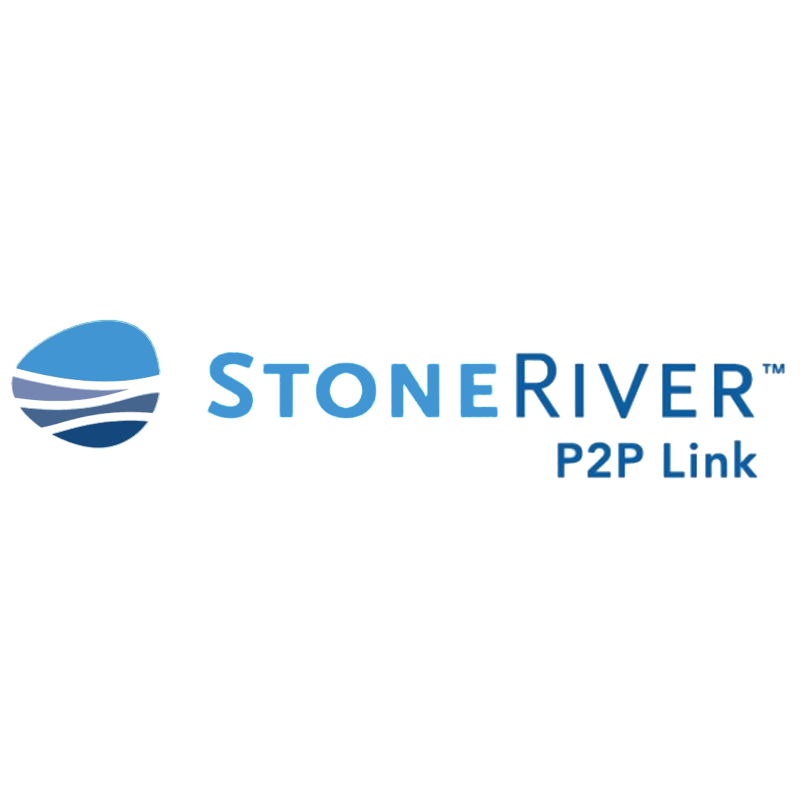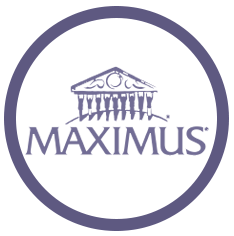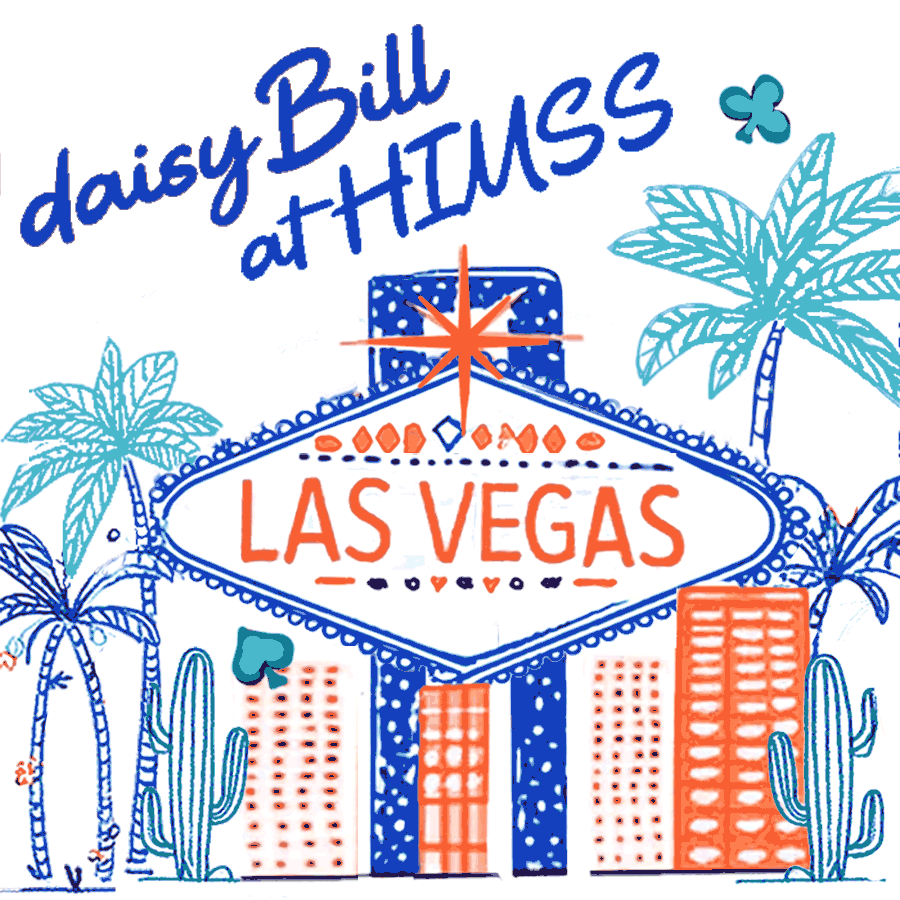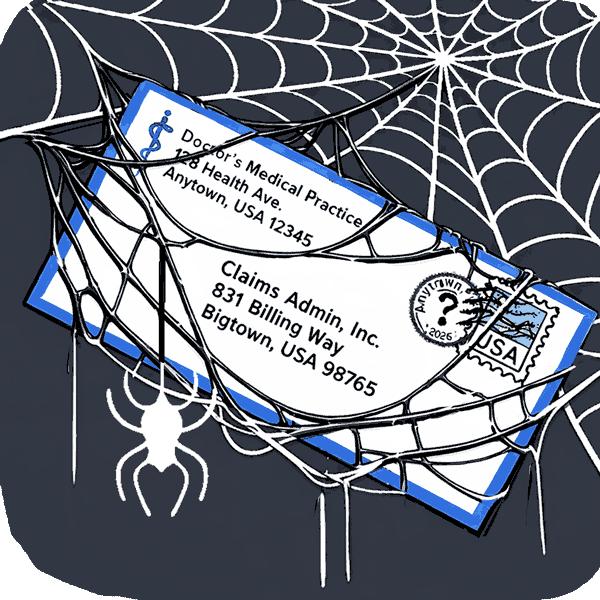New York Workers’ Comp: Big Billing Changes Coming in 2019
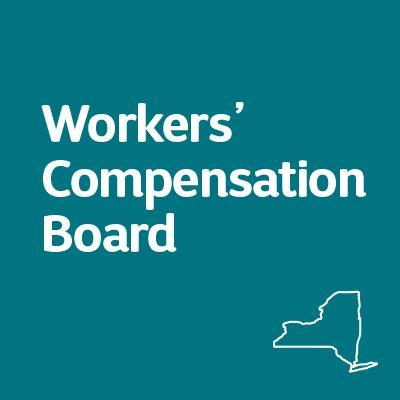
On April 17, 2018, the New York State Workers’ Compensation Board (WCB) announced its intention to improve medical care for injured workers. Board Bulletin Subject No. 046-1058 included proposed changes to the Medical Fee Schedule, a reduction in paperwork, and other enhancements to improve access to quality medical care.
Subsequently, on July 16, 2018, the WCB announced specific details of proposed changes to workers’ comp billing requirements in Board Bulletin Subject No. 046-1079. These changes become effective on January 1, 2019.
In this series of blog posts, we’ll explain the changes, and discuss what New York workers’ comp billing professionals can expect in 2019.
New Billing Methods
Starting January 1, 2019, the New York state-specific treatment forms used for billing and reporting (Forms C-4, C-4.2, OT/PT-4, PS-4, and C-AMR) will be optional. Providers may choose to replace these forms with the CMS 1500 form and a required narrative report.
Providers are not required to submit the CMS 1500 form; this is entirely voluntary.
Also beginning on January 1, 2019, New York medical providers may submit their workers’ comp bills to payors electronically. Effective July 1, 2019, if a provider submits an electronic bill to a payor, the payor is required to send the provider an electronic explanation of benefit (EOB).
Transition to E-Billing
Effective January 1, 2020, all New York providers are required to electronically submit workers comp bills to payors. Providers will no longer be able to use the CMS 1500 form or forms C-4, C-4.2, OT/PT-4, PS-4, and C-AMR. Providers will also electronically submit documents regarding disputes for incorrectly reimbursed or unpaid bills.
As you can see, the final phase of changes makes electronic billing for workers’ comp mandatory. However, the Board will establish an exception process for providers who are unable to meet the mandatory electronic billing requirements.
The Board created two websites to support the change to the CMS 1500:
- CMS-1500 Initiative which includes the technical specifications, and
- CMS-1500 FAQ
E-billing saves time, money, and natural resources. This huge step forward for New York will take some adjusting to, but with the right supporting technology, providers and payors alike will benefit immensely.
DaisyBill is here to help your office transition to e-billing. Our Billing Software generates compliant RFAs, bills, and appeals quickly and easily. Schedule a free demonstration today.
REQUEST DEMO
DaisyBill provides content as an insightful service to its readers and clients. It does not offer legal advice and cannot guarantee the accuracy or suitability of its content for a particular purpose.
